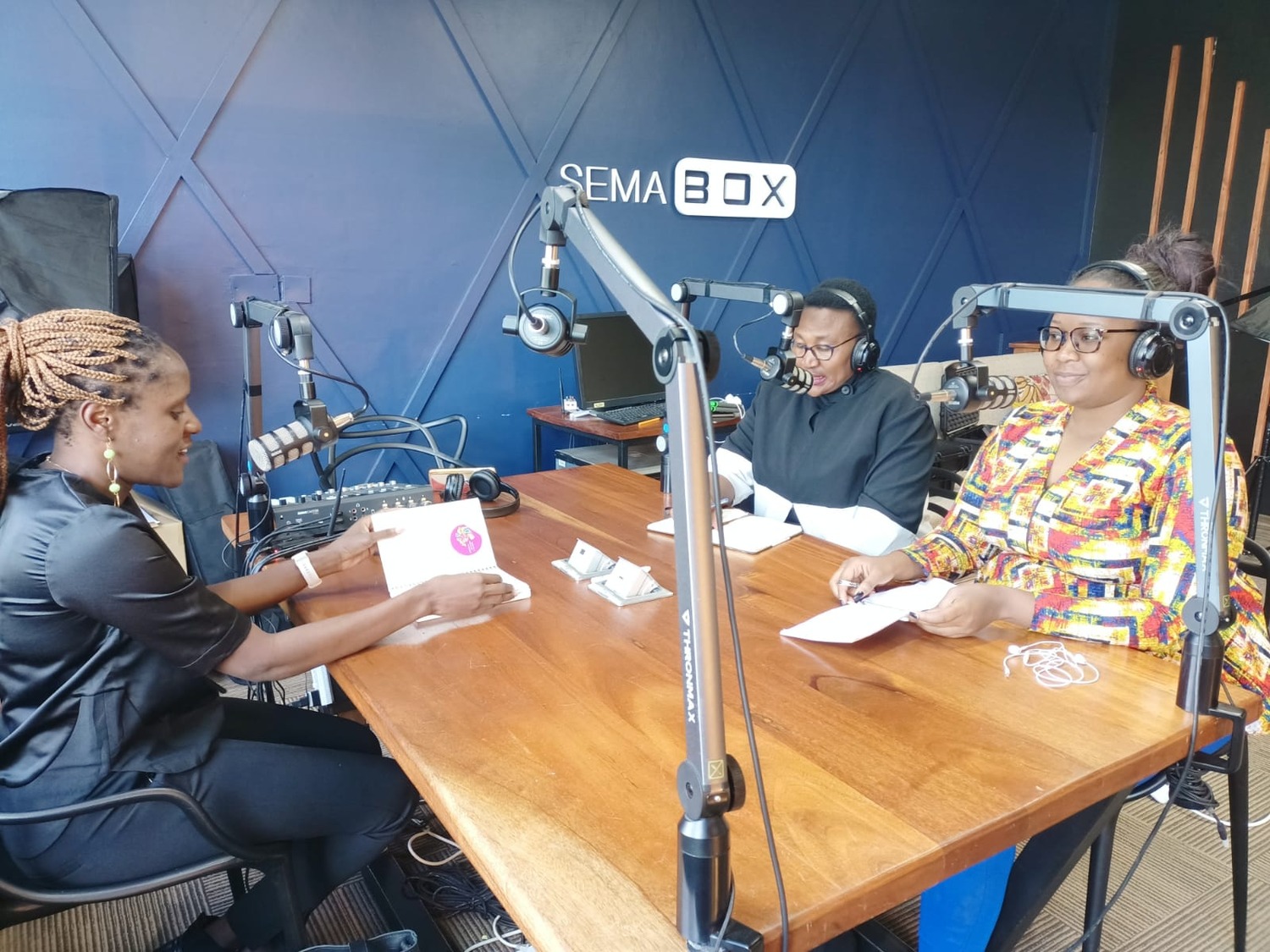The face of political campaigning in Kenya has changed with the popularity of digital platforms in the last three general elections.
Politicians conducted online campaigns during the 2013 general election primarily through social media platforms such as Facebook and Twitter. Candidates and political parties used these platforms to engage with voters and disseminate their campaign messages.
In the 2017 general election, online campaigns were more sophisticated, using data analytics and targeted advertising. Political parties and candidates used social media platforms to target specific demographics with tailored messages.
In the 2022 General election, online campaigns became even more advanced with AI and machine learning techniques for targeting voters. Political parties and candidates invested so heavily in their digital war chests. They also extensively used social media platforms to reach voters and digital advertising campaigns targeting specific demographics. Mobile phone technology such as SMS and mobile money was also employed to reach voters in remote areas.
Within this flurry of activity, how did the women political aspirants conduct their online campaigns? And what were their experiences?
KICTANet Trustee Liz Orembo spoke to two politicians. These women leaders were making changes at the grassroots level. Then they saw the opportunity to create an even bigger impact in the community if they vied for a representative political seat for their constituency and took the challenge.
Mylline Anunda, for instance, shied away from Twitter, although she used Facebook and WhatsApp to popularize her political manifesto. Mylline’s reservations stemmed from witnessing #KOT (Kenyans on Twitter) harass the president so much that the office deactivated his accounts. She has experienced trolling, death threats, cyberstalking, cyberbullying, and threats of rigging.
When violence and porn targeted at women leaders become normalized on social media, women shy away from seeking elective positions or expressing themselves.
Anita Epalle did a lot of campaign content on TikTok, Instagram, Twitter, and Facebook accounts. Social media enabled her to reach many of her voters. She is also no stranger to online violence targeted at women leaders. In 2017, Anita contested the position of Finance Secretary at the Student Organization of Nairobi University. She was faced with cyberbullying, gendered disinformation, and trolling on Facebook so intensely that she shelved her university political ambitions.
These experiences are similar for many women political leaders who tend to be judged harshly on some predetermined morality clause that does not seem to apply to male political leaders. Liz Orembo led the conversation in depth about the online gender-based violence (OGBV) women leaders face in Kenya.
Listen to the whole conversation below:
The Speakers:
Liz Orembo – KICTANet Trustee
Mylline Anunda – CEO Enkong’u Olosho CBO, 2022 Kajiado North MP Aspirant
Anita Epalle – Woman Representative Bunge La Wananchi, Chairperson, Young Politicians Congress
This podcast is part of the Women@Web program supported by the DW Akademie.
_______________________________________________________________________________________________
Florence is an ICT Access and Equality Fellow for PwDs at KICTANet. She wants you to be mindful of digital accessibility. Are you an a11y?
![]()




